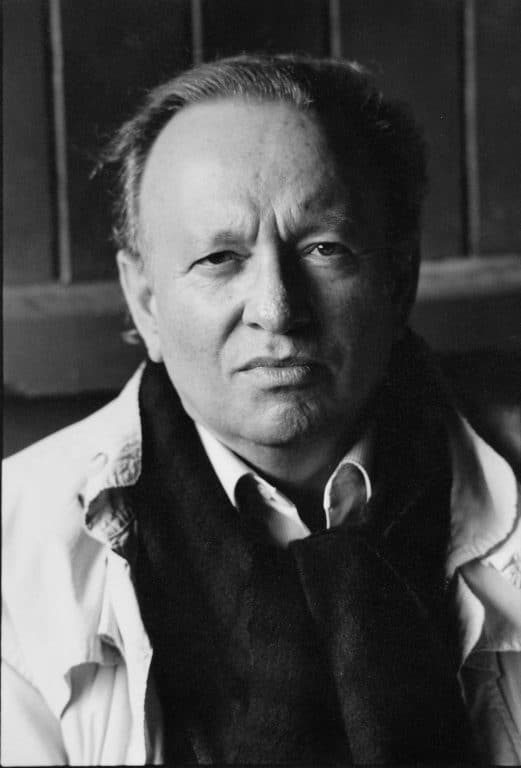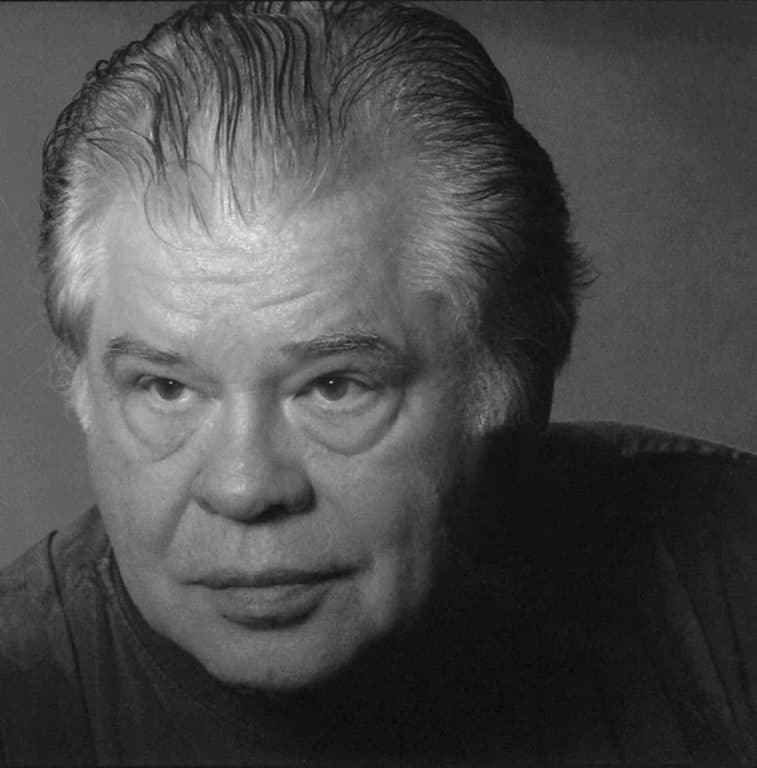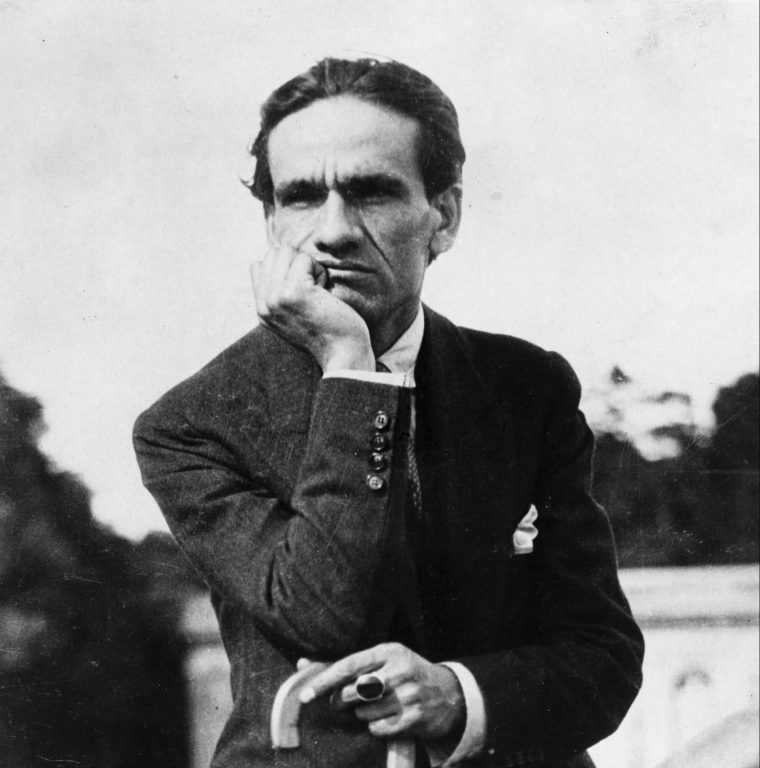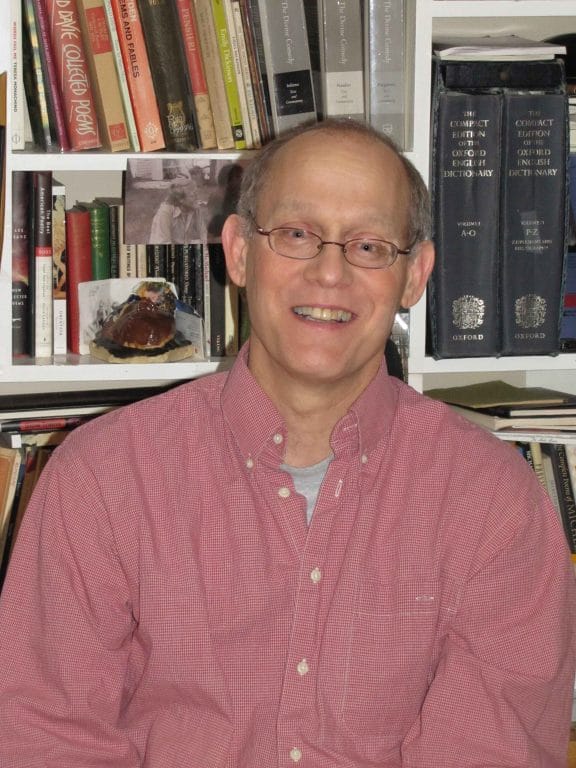Anthropomorphism is the attributing of human characteristics or behavior to a god, animal, or object. James Pollock’s poem "House" has us thinking about the reverse or opposite of that, where a human is given the characteristics of something not human or inanimate. Is there a word for that?
Zoomorphism is one possibility,…
Anthropomorphism is the attributing of human characteristics or behavior to a god, animal, or object. James Pollock’s poem "House" has us thinking about the reverse or opposite of that, where a human is given the characteristics of something not human or inanimate. Is there a word for that?
Zoomorphism is one possibility, where humans might be given the attributes of members of other animal species. But if the human is being compared to or being made out to be an object or have that object’s characteristics, is that reverse anthromorphism simply a type of metaphor?
Is it indeed clear that what is being described at the beginning of the poem is a person? The opening line says
“Its glassy look suggests one hypnotized”
not “his”, even though “one” sounds vaguely more human and certainly, you can’t hypnotize an object.
As the poem proceeds, the picture of a house in darkness and disarray – right down to its “unmowed lawn” – reinforces that the man suffering from “disappointed love”, who appears “distraught”, is not only disheveled, but isolated.
But as the day and the light passes, what happens?
“the boy inside the house turns on the lights and sings”
… and that seems to bring warmth and life back. When the disappointed, lovelorn man is reanimated and reinforced with “not inhuman” sympathy (by the boy within himself?) does this strike a hopeful note or suggest that optimism and renewed spirit has made him human again?




